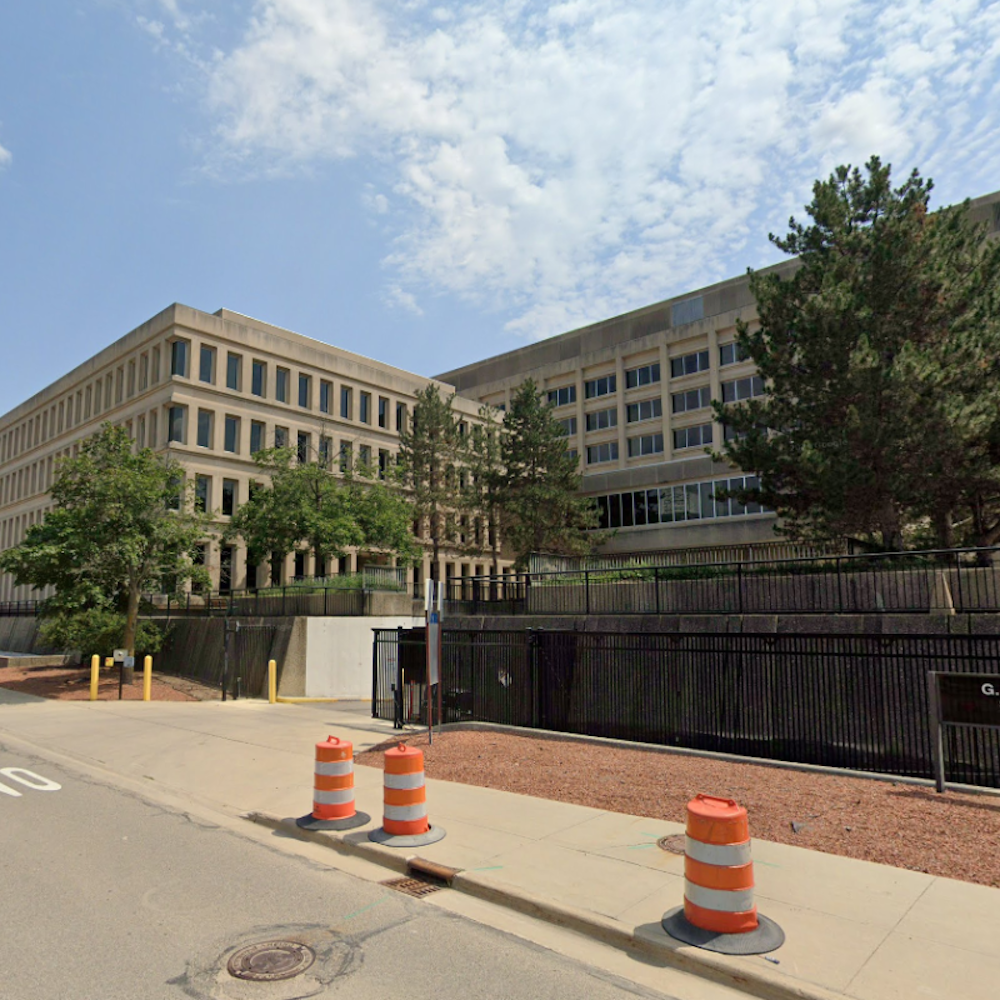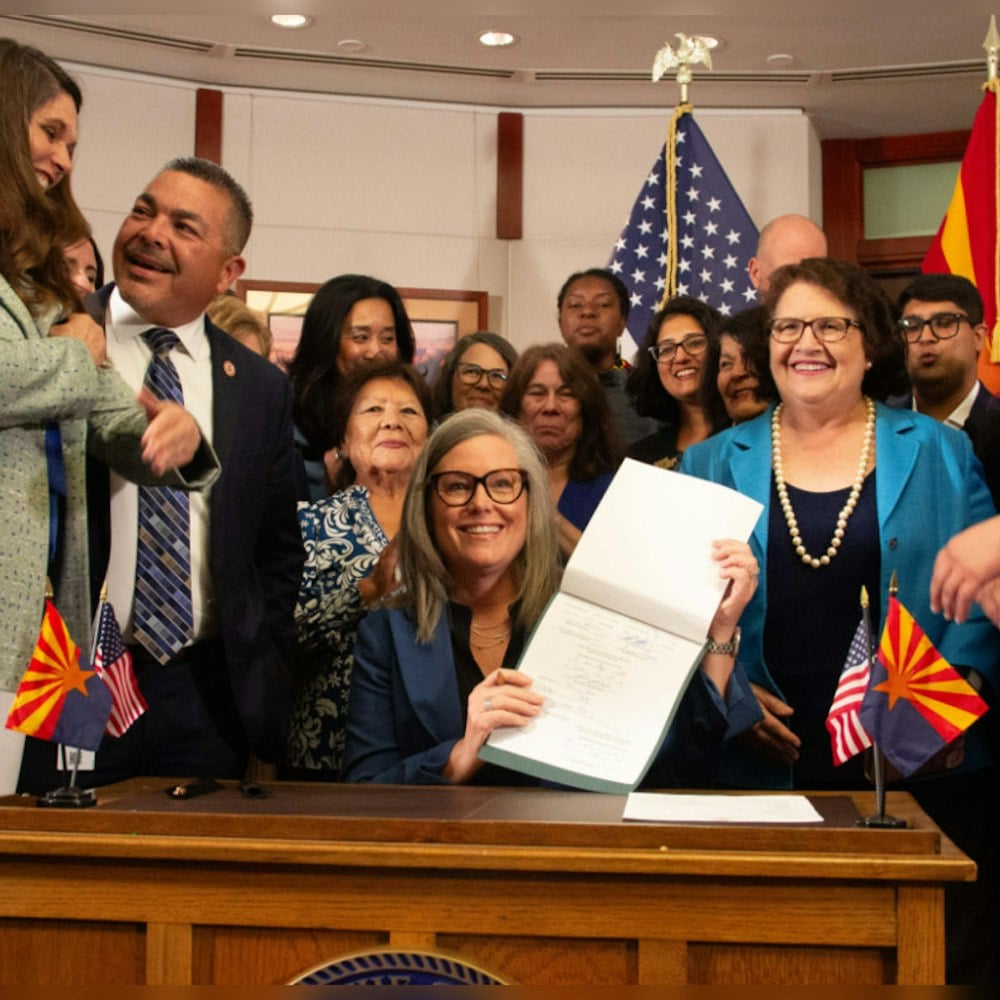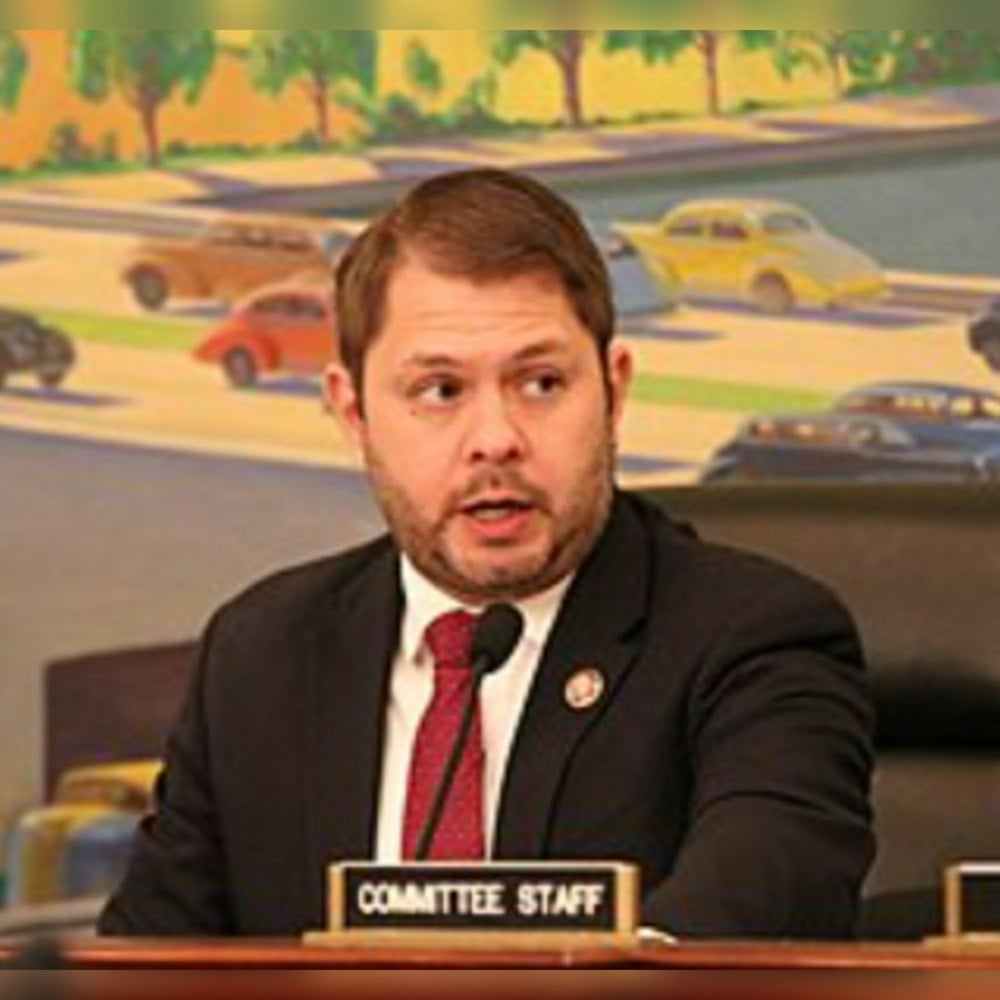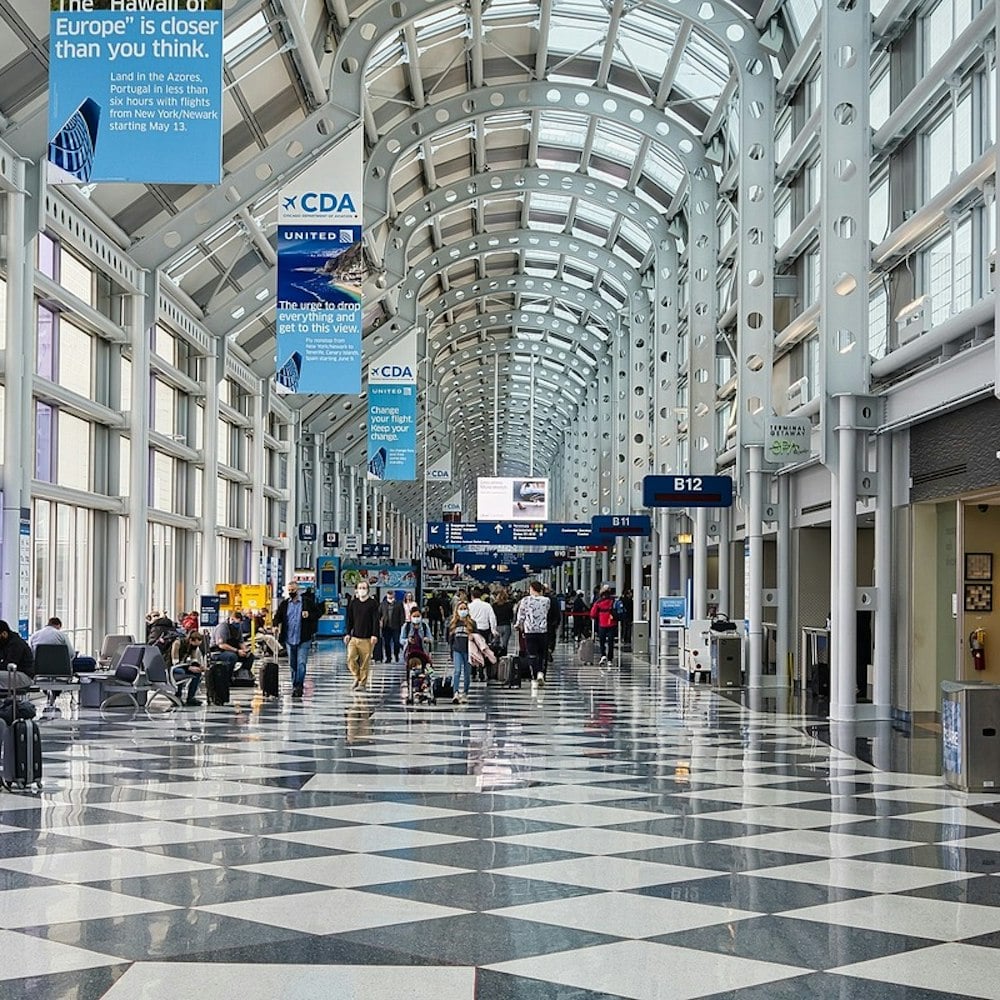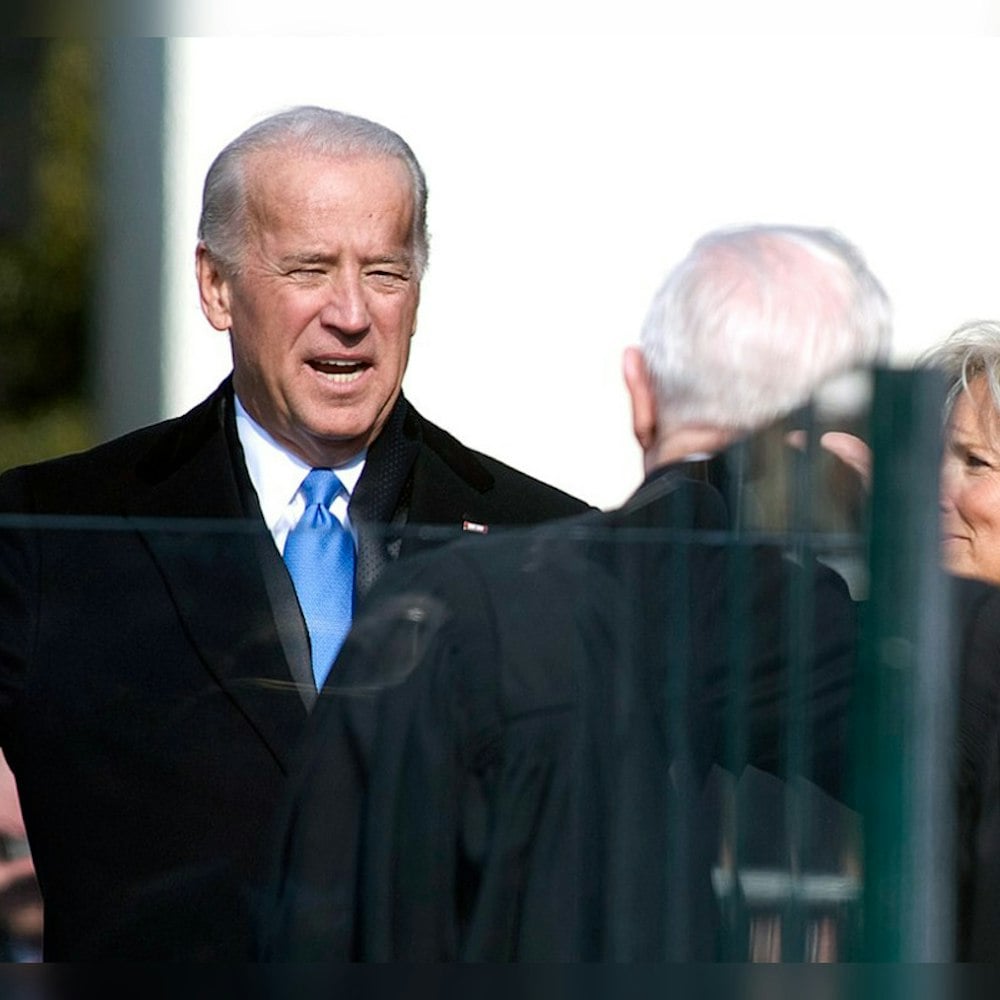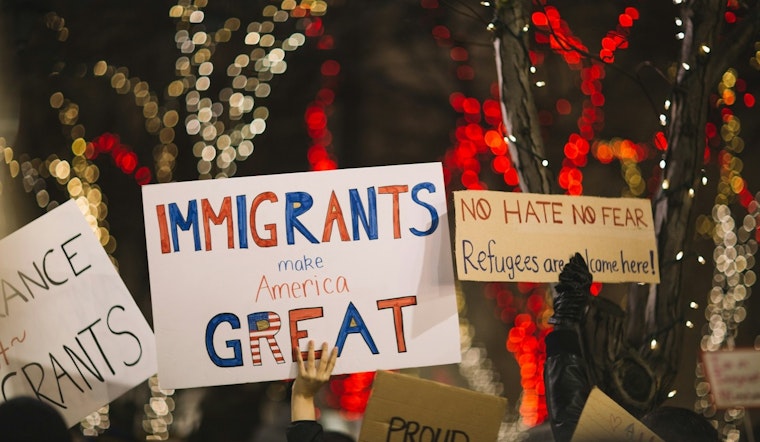
The United States Attorney’s Office has unveiled figures for its first-quarter immigration enforcement efforts for 2024, as federal attorneys have brought criminal charges against 2,113 individuals in Arizona for unlawful entry or re-entry into the country. Acknowledging the joint efforts of the Tucson and Yuma Sectors of U.S. Border Patrol and other agencies, the stats were disclosed for offenses between January 1 and March 31, as outlined in the report published on the official U.S. Attorney's Office for the District of Arizona website.
In a determined push to hinder illegal immigration, federal prosecutors have not only targeted those directly crossing the border but also those facilitating their journey; 243 smugglers have been charged for organizing illegal transport of undocumented noncitizens within the district, a crackdown aimed at addressing a critical issue faced by Arizona, a state on the frontline of irregular migration. The Office’s report additionally indicates an initiative to discourage young adults lured via social media into smuggling activities, prosecuting three juveniles among others in their enforcement outreach.
Border safety and the shield of law enforcement personnel remain high on the docket. The first-quarter data included the prosecution of two individuals charged with assaults against federal officers, emphasizing the peril faced by those policing the frontier. Concurrently, the Attorney's Office took action on 54 drug-related cases stemming from immigration checkpoints, underscoring the intertwined challenges of narcotics and undocumented immigration.
The numbers reflect a snapshot of the justice system at work, exclusively encompassing prosecutions by the United States Attorney’s Office and not inclusive of individuals nabbed by immigration enforcement who are then processed administratively, the impact of these figures echoes beyond courtroom walls bearing testimony to policies enforcement and an ongoing debate as to the nature of American hospitality towards those who come knocking not on its doors, but at its deserts and rivers.

